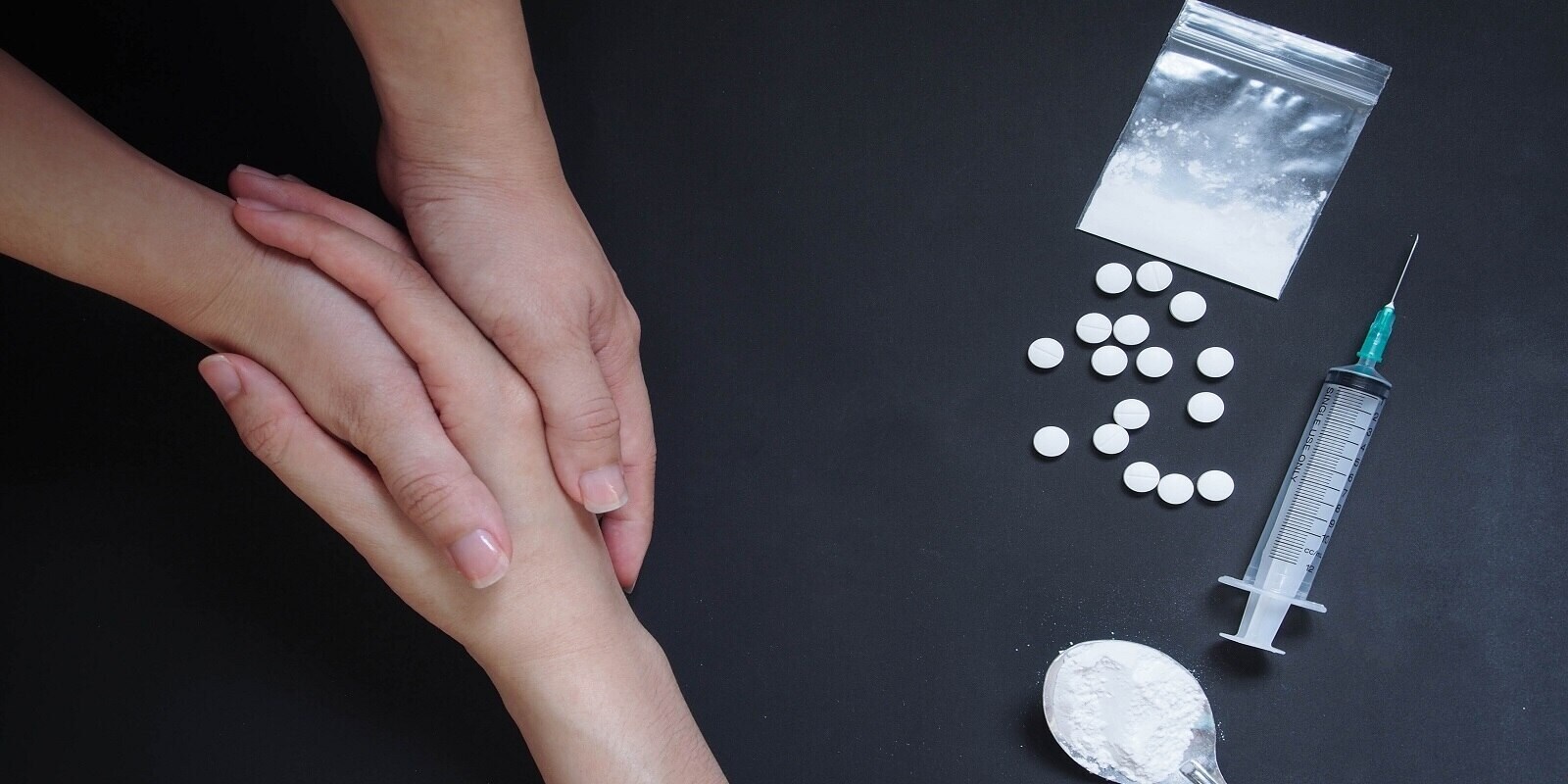
Drug addiction is a severe and complex condition that affects millions of individuals worldwide. Overcoming substance dependence requires a structured approach, and one of the most crucial steps in this process is detoxification. Detoxification, or detox, is the process of eliminating harmful substances from the body while managing withdrawal symptoms. It is the first step in drug de-addiction and plays a significant role in laying the foundation for long-term recovery.
Understanding Detoxification
Detoxification is a medical and physiological process that helps individuals clear their system of drugs or alcohol. It is designed to safely manage withdrawal symptoms that arise when a person stops using an addictive substance. The severity of withdrawal symptoms varies based on factors such as the type of drug used, the duration of use, the individual’s health condition, and the level of dependency.
The Importance of Detoxification in Recovery
-
Physical Stabilization Detoxification helps the body adjust to the absence of drugs, preventing dangerous withdrawal symptoms such as seizures, tremors, and severe dehydration. Medically supervised detox programs ensure that individuals receive proper care, reducing the risk of complications.
-
Mental and Emotional Preparation Detoxification not only cleanses the body but also prepares individuals for further treatment. Without detox, an individual may find it challenging to engage in therapy or rehabilitation due to the discomfort and cravings associated with withdrawal.
-
Reducing the Risk of Relapse Detox programs provide structured care and monitoring, reducing the likelihood of relapse. Many individuals who attempt to quit drugs without medical support experience severe withdrawal symptoms, leading them to relapse. Detox provides the necessary support to manage cravings and stabilize the individual.
Note: Are you looking for a good de-addiction center in Kerala? Then now you don’t have to search anywhere else. We have brought to you the best de-addiction center in Kerala where you will get to see very good services.
Types of Detox Programs
-
Medically Supervised Detox This is the safest and most effective method, conducted in hospitals or specialized detox centers. Medical professionals monitor the patient and may administer medications to ease withdrawal symptoms and prevent complications.
-
Outpatient Detox In this approach, individuals detox at home while attending regular medical checkups. This method is suitable for those with mild addiction and a strong support system.
-
Social Detox This involves non-medical support from counselors and peers in a structured environment. While it does not include medical intervention, it provides emotional and psychological assistance to individuals undergoing withdrawal.
Common Withdrawal Symptoms and Management
Withdrawal symptoms vary depending on the substance used. Common symptoms include:
-
Anxiety and depression
-
Sweating and chills
-
Nausea and vomiting
-
Muscle pain and cramps
-
Insomnia and restlessness
Medications such as methadone, buprenorphine, and benzodiazepines are often used in medical detox programs to alleviate symptoms and make the process more manageable.
Post-Detox Treatment and Rehabilitation
Detoxification alone is not enough for long-term recovery. Once the body is free of drugs, individuals need further treatment to address the psychological and behavioral aspects of addiction. Post-detox treatments include:
-
Counseling and Therapy: Cognitive Behavioral Therapy (CBT) and Motivational Interviewing (MI) help individuals develop coping mechanisms and prevent relapse.
-
Support Groups: Programs like Narcotics Anonymous (NA) provide peer support and encouragement.
-
Rehabilitation Programs: Inpatient and outpatient rehab centers offer structured treatment plans tailored to individual needs.
Conclusion
Detoxification is a vital step in drug de-addiction, but it is only the beginning of the recovery journey. While detox helps remove harmful substances from the body, true recovery requires continuous therapy, support, and lifestyle changes. By integrating detox with comprehensive treatment programs, individuals can achieve long-term sobriety and lead healthier, drug-free lives.




Leave a Reply